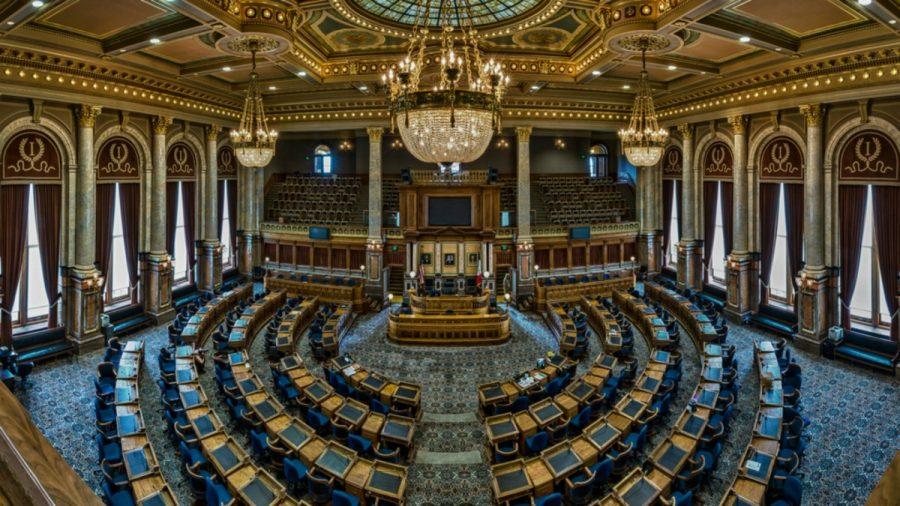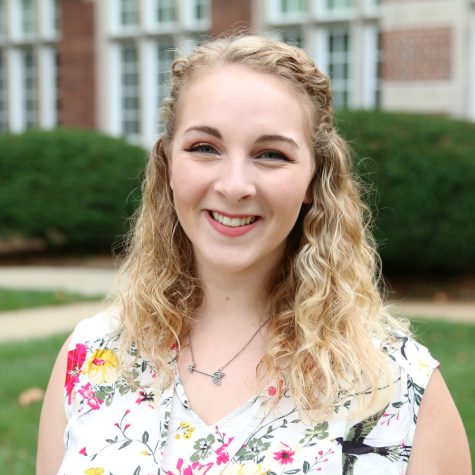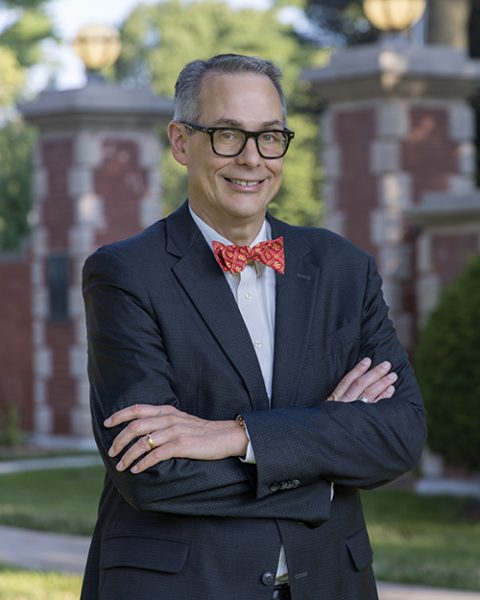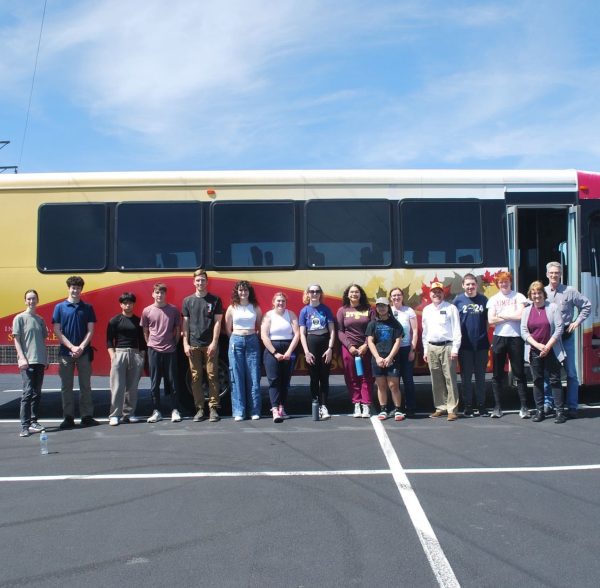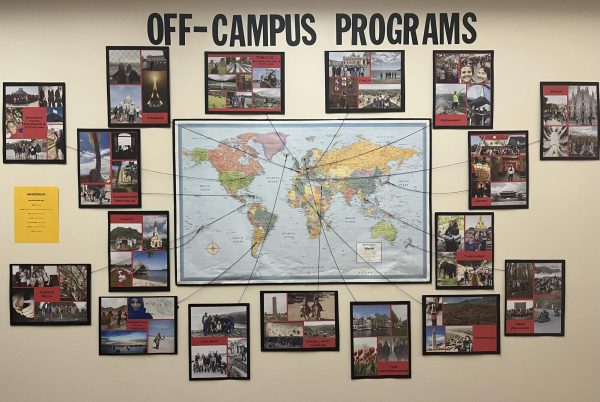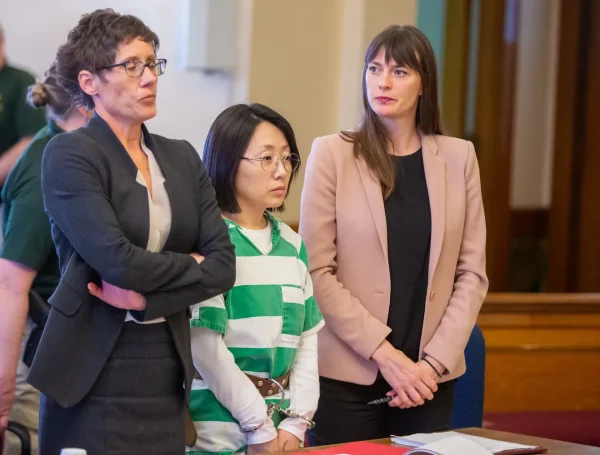High school equivalency degree bill heads to governor’s desk
April 11, 2017
DES MOINES, Iowa — A bill that will help more Iowans attain a high school equivalency degree heads to the governor’s desk after the Iowa Senate passed House File 473 on Monday.
The legislative effort is the result of research that was done by Simpson College senior Britney Samuelson.
Getting to this point took a lot of time. Samuelson said she began work on the bill last summer in her internship with the United Way.
“I began to do a nationwide analysis where I researched the high school equivalency degree pathways that other states had implemented, and I realized that numerous states offer many other options than just a high-stakes test battery,” Samuelson said in an email.
Currently, a high-stakes battery test is the only way to achieve a high school equivalency degree, a method Samuelson described as one size fits all, though it often doesn’t work for everyone. Her bill allows Iowans to bundle earned high school credits with community college credits, giving people a variety of options to attain their high school equivalency degree.
In Iowa, more than 200,000 people do not have a high school diploma. These people often have limited jobs available to them, often for low wages, Samuelson said. They also lack access to resources to lift themselves out of poverty, but the new bill makes that easier.
“In order to provide this population with the best chances for success and financial self-sufficiency, it’s important to create pathways for a high school equivalency degree that can best fit their unique needs,” she said.
Samuelson’s role didn’t end with the research. Once the bill was drafted and filed, she worked with lobbyists to move the bill through the Legislature, and she has attended subcommittee meetings and talked to numerous legislators since January.
The law will take effect as soon as Gov. Terry Branstad signs it, which Samuelson hopes will be soon.
“It feels really exciting to know that something I helped create and advocate for will become a law, especially because I know that it has the potential to help a substantial population,” Samuelson said.
Admittedly, Samuelson knows it can be hard to look at politics positively, especially with the current political climate. Having a hand in this legislation, however, makes her more optimistic.
“This experience showed me that it is still possible to make good policy that will improve the lives of people in our community,” she said.



